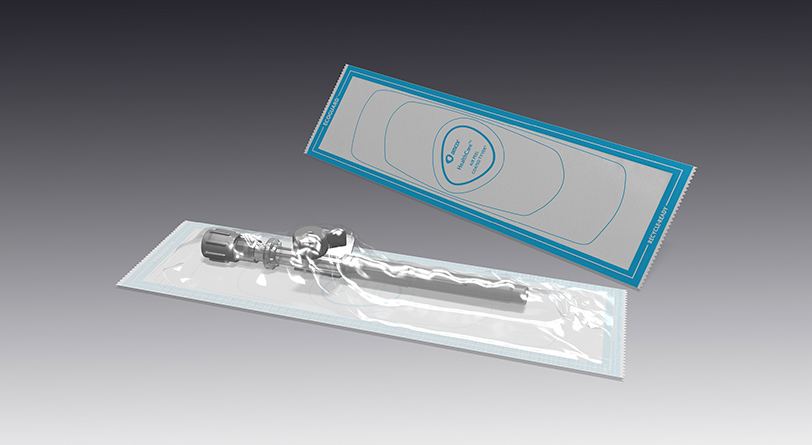July/August 2023
Amcor HealthCare™ AirPeel Technology – ACT2100®

Manufacturer: Amcor Flexibles; amcor.com
Description: Amcor HealthCare’s™ ACT2100® heat seal coating applied with AirPeel Technology is an innovation in heat seal coating, providing higher seal strengths and better porosity than other products on the market today. AirPeel technology uses an air knife coater to apply a uniform coating layer onto Tyvek® or paper for consistent seal performance throughout the package after conversion.


